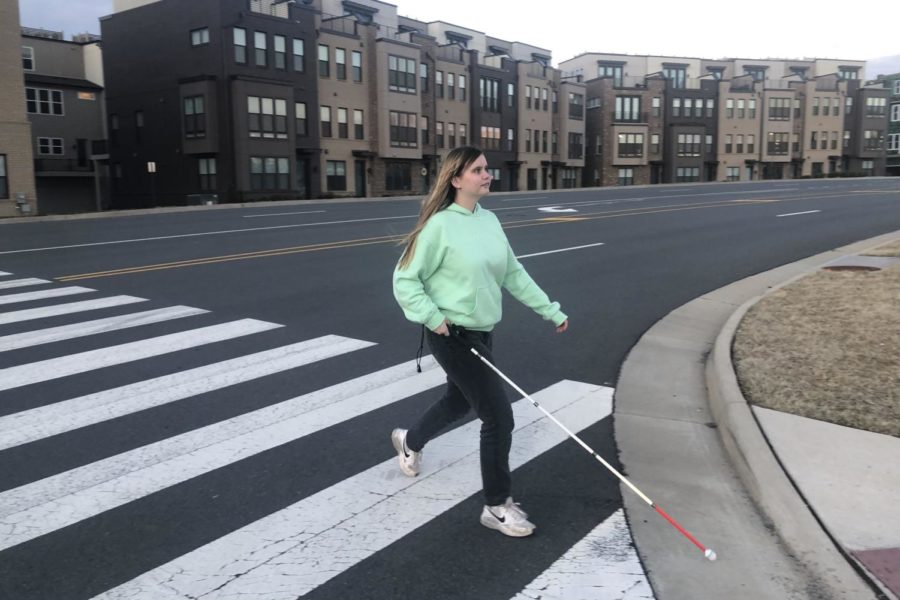As I fidget with the elastic on my white cane, I’m often tentatively questioned about my “vision problem,” “situation” or “challenges.” I know what people are trying to hint at—they’re curious about my blindness and that’s totally okay. However, the way some people tiptoe around the “B word” as if it’s offensive to say, affects me sometimes.
I’ve noticed that the friends and teachers I have who aren’t afraid to call me blind seem more comfortable with my circumstance than those who don’t. People who avoid the words “blind” or “disabled” tend to need more encouragement to become comfortable helping me when I need it.
The words “differently abled” or “special needs” have become red flags of sorts for me, not only because I don’t enjoy being called those things, but also because it normally means there’s a long way to go before a blind joke will be well-received or I can be guided without near-constant reminders of how nervous the person is to have me on their arm.
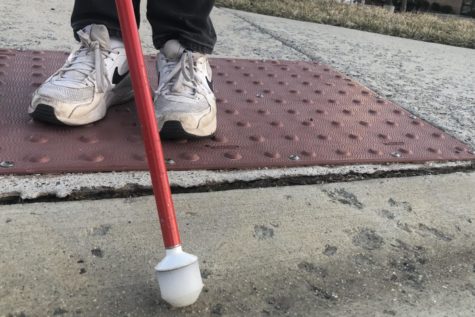
Though their intentions are polite, avoiding the actual name of my disability feels demeaning. Calling me “differently abled” or “special needs” implies pity and can make me and most others with disabilities feel spoken down to. Words like these are embarrassing and sometimes inaccurately portray us.
“Differently abled” is a phrase which implies that though I don’t have the abilities most people do, I have others that make up for what I don’t have. Technically, yes, I do have different abilities to cope with my lack of vision, but so does everyone else. It implies that my ability to use passive echolocation or read braille makes up for my blindness, which is completely untrue. We all have our own set of skills but we aren’t all “differently abled.”
I often internally celebrate when I meet someone who isn’t afraid to call me what I am because it feels so good to be seen.
— Delaney Brooks
Refusal to call me what I am shows a person’s discomfort with my disability and sends the message that my blindness should make others uncomfortable. The world is inherently an inaccessible place for the blind, and struggling to find braille signage or needing a sighted person’s help to tip the barista at Starbucks makes me feel emotionally tired and like a burden. Hearing others tiptoe around my blindness and fail to even utter the word makes a bad situation even worse.
When a person I’m speaking with uses the correct terms like “blind” or “visually impaired,” they show me that they’re comfortable with my disability and it doesn’t intimidate them. The scientific term is the correct one and they know that. I often internally celebrate when I meet someone who isn’t afraid to call me what I am because it feels so good to be seen.
This story was originally published on The Purple Tide | The Knightly News on March 5, 2022.



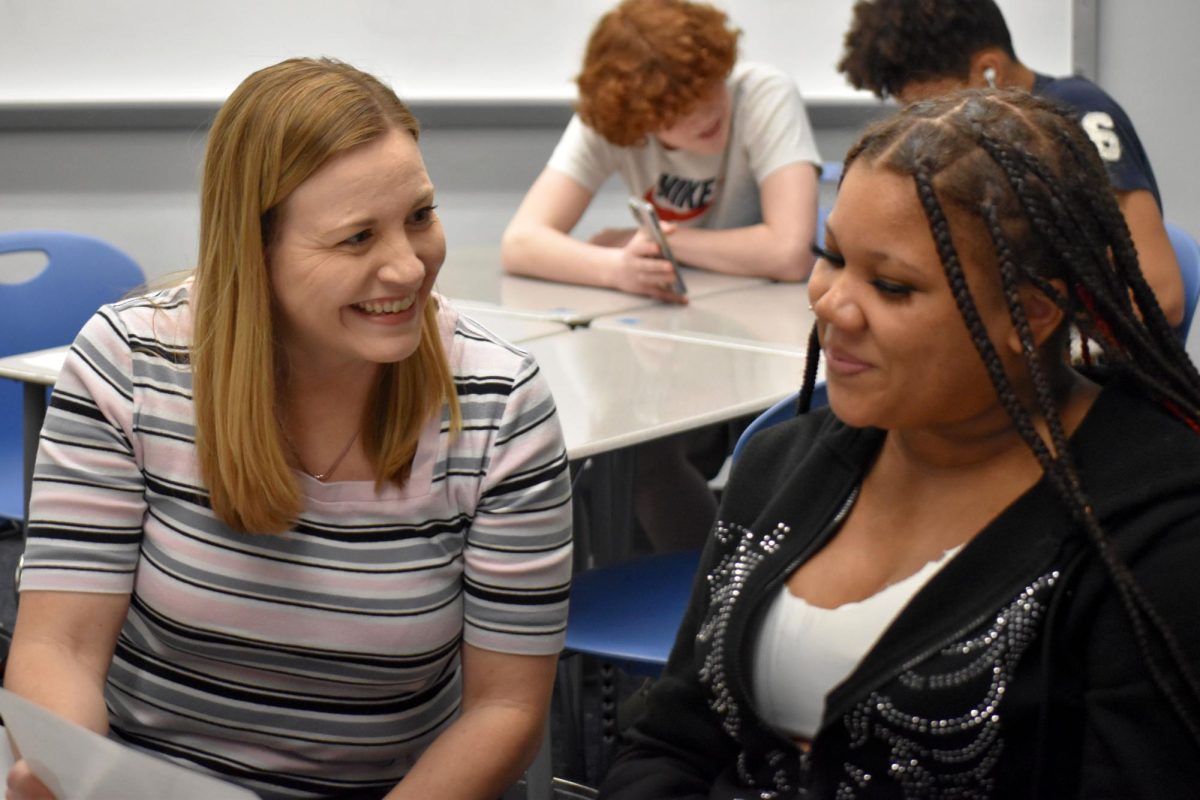
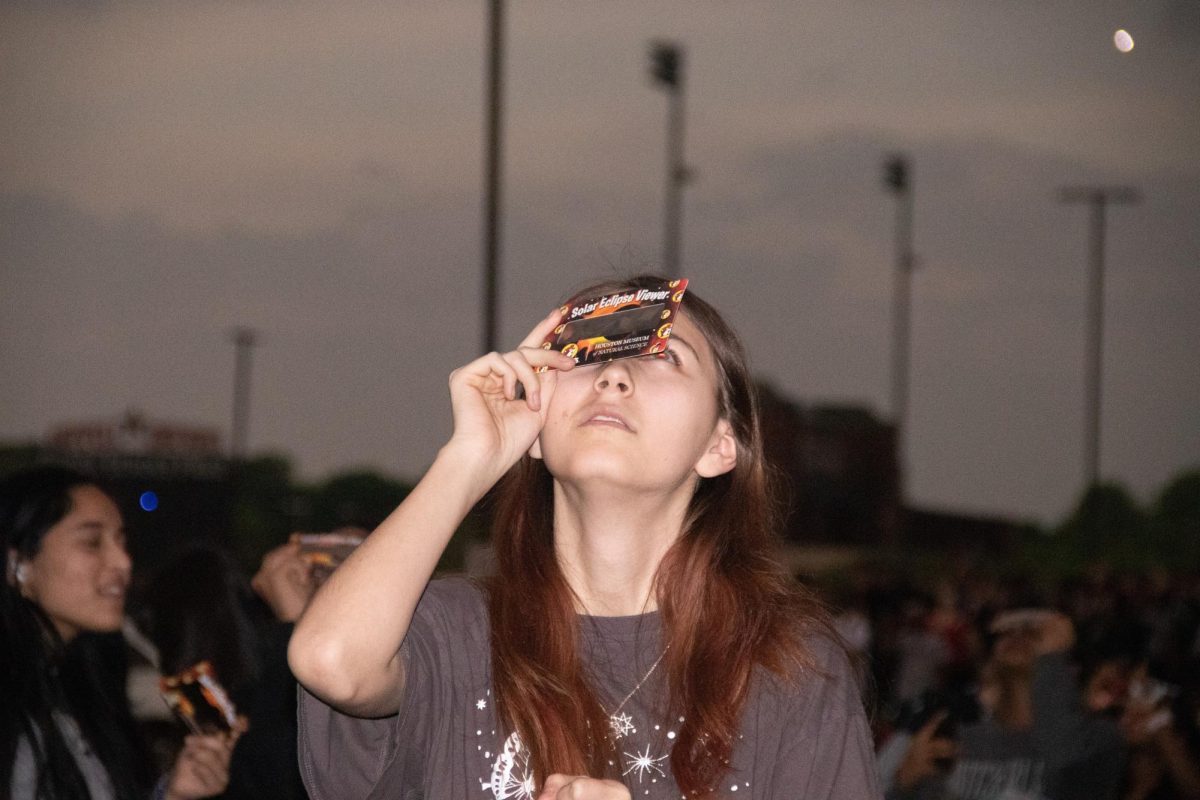










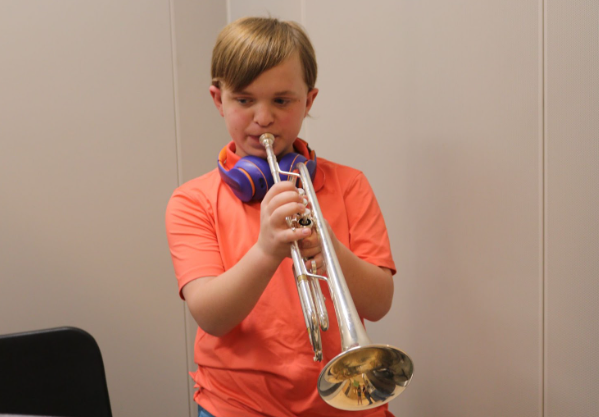
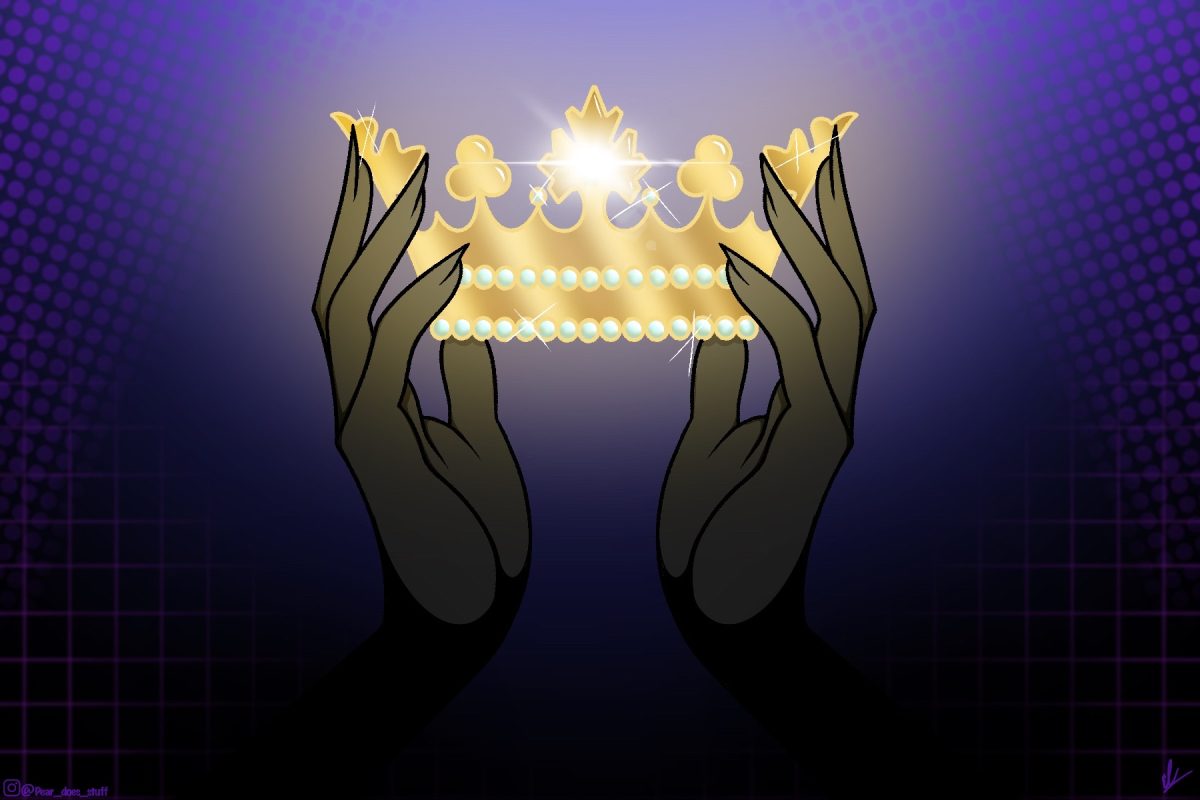
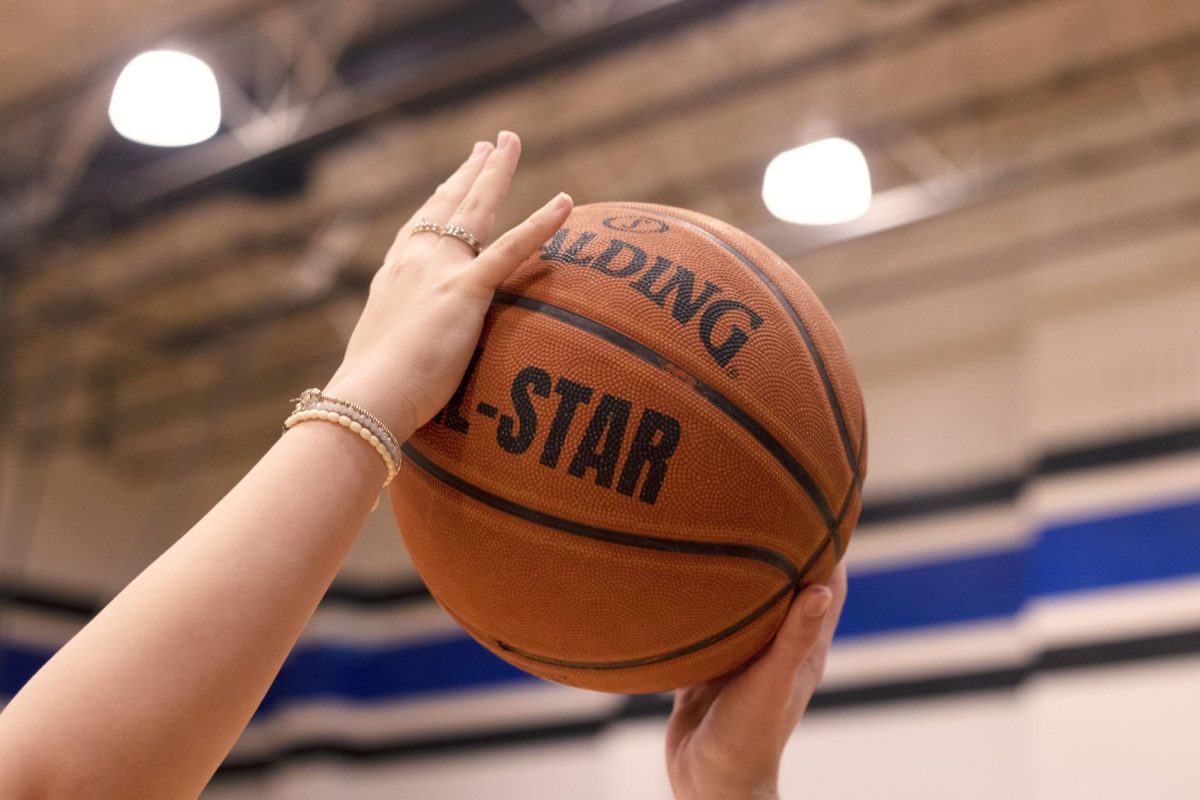


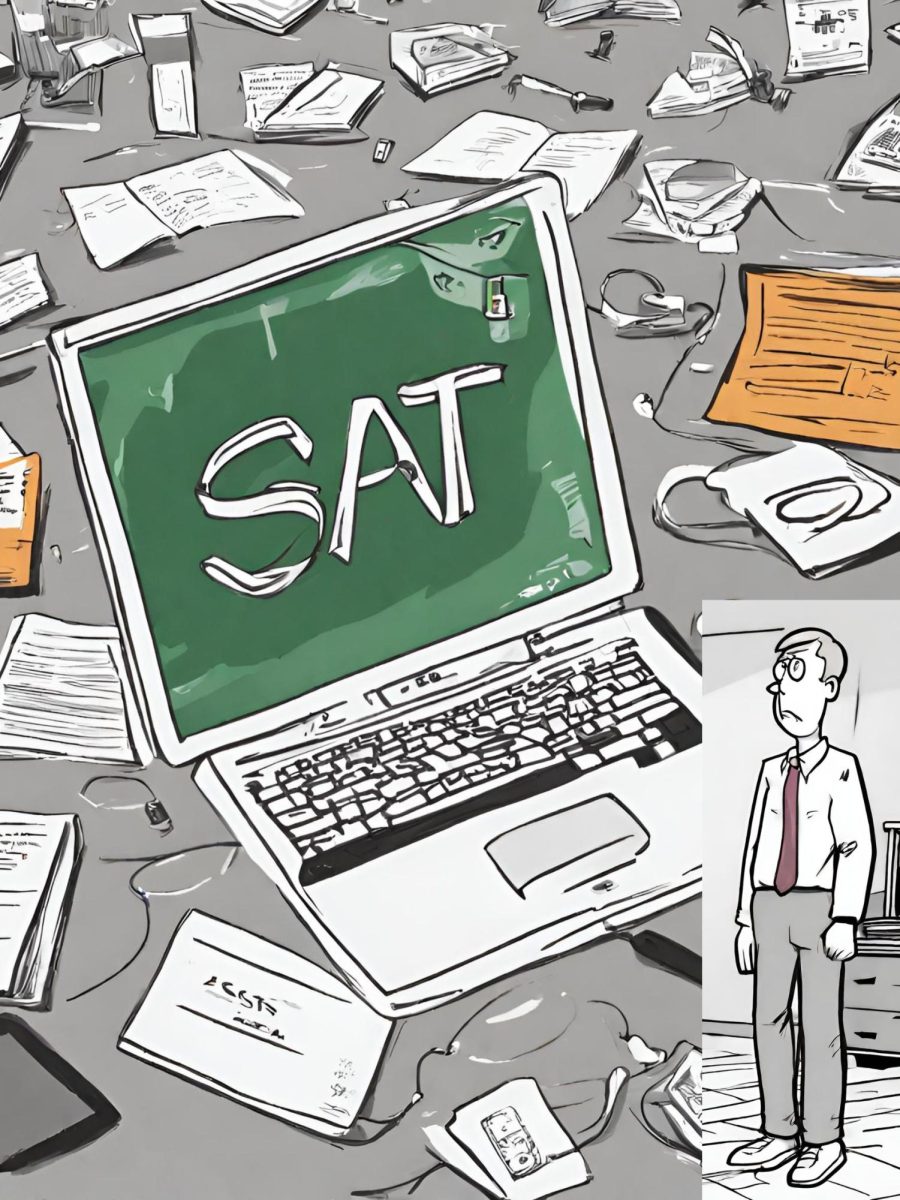






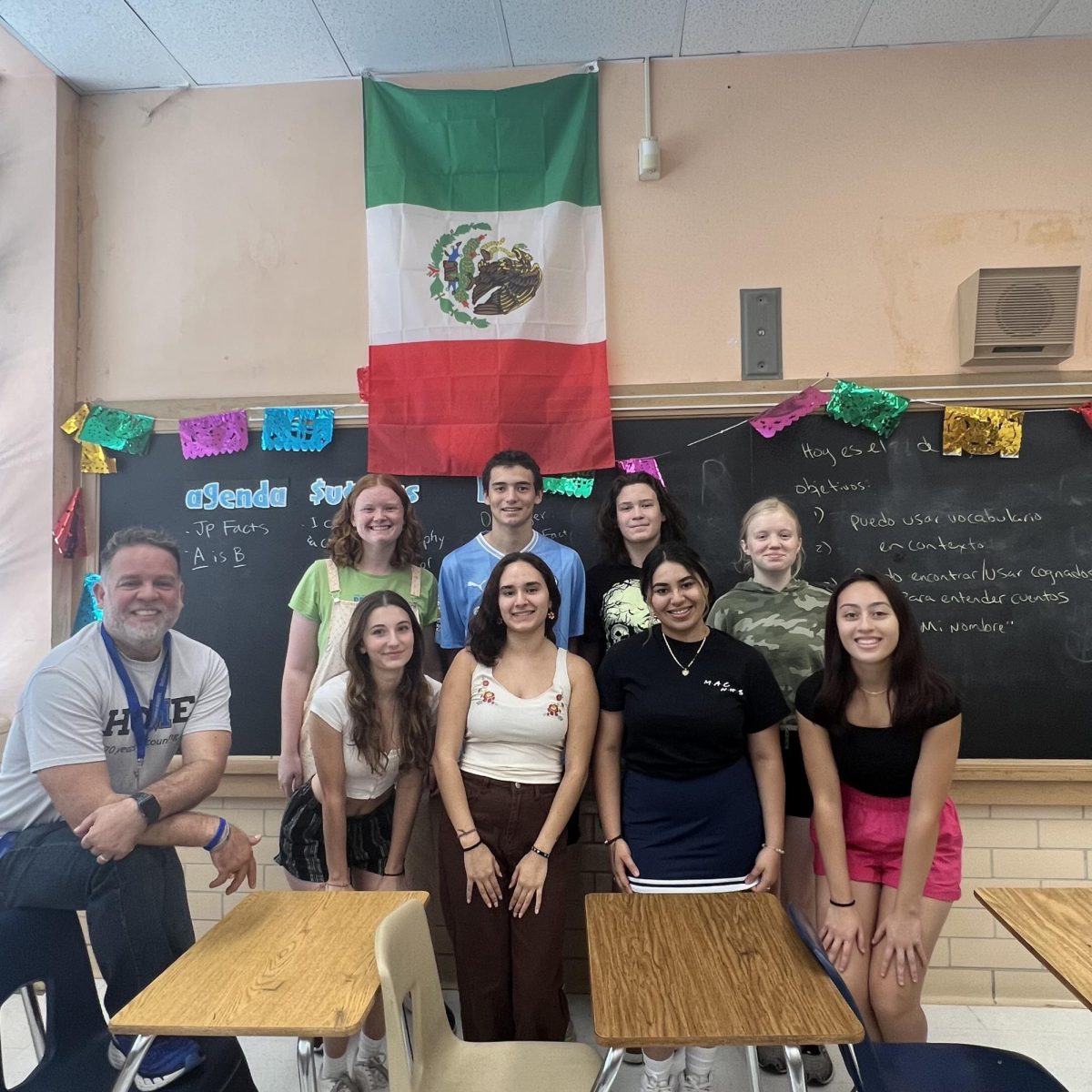

![IN THE SPOTLIGHT: Junior Zalie Mann performs “I Love to Cry at Weddings,” an ensemble piece from the fall musical Sweet Charity, to prospective students during the Fine Arts Showcase on Wednesday, Nov. 8. The showcase is a compilation of performances and demonstrations from each fine arts strand offered at McCallum. This show is put on so that prospective students can see if they are interested in joining an academy or major.
Sweet Charity originally ran the weekends of Sept. 28 and Oct. 8, but made a comeback for the Fine Arts Showcase.
“[Being at the front in the spotlight] is my favorite part of the whole dance, so I was super happy to be on stage performing and smiling at the audience,” Mann said.
Mann performed in both the musical theatre performance and dance excerpt “Ethereal,” a contemporary piece choreographed by the new dance director Terrance Carson, in the showcase. With also being a dance ambassador, Mann got to talk about what MAC dance is, her experience and answer any questions the aspiring arts majors and their parents may have.
Caption by Maya Tackett.](https://bestofsno.com/wp-content/uploads/2024/02/53321803427_47cd17fe70_o-1-1200x800.jpg)
![SPREADING THE JOY: Sophomore Chim Becker poses with sophomores Cozbi Sims and Lou Davidson while manning a table at the Hispanic Heritage treat day during lunch of Sept 28. Becker is a part of the students of color alliance, who put together the activity to raise money for their club.
“It [the stand] was really fun because McCallum has a lot of latino kids,” Becker said. “And I think it was nice that I could share the stuff that I usually just have at home with people who have never tried it before.”
Becker recognizes the importance of celebrating Hispanic heritage at Mac.
“I think its important to celebrate,” Becker said. “Because our culture is awesome and super cool, and everybody should be able to learn about other cultures of the world.”
Caption by JoJo Barnard.](https://bestofsno.com/wp-content/uploads/2024/01/53221601352_4127a81c41_o-1200x675.jpg)





